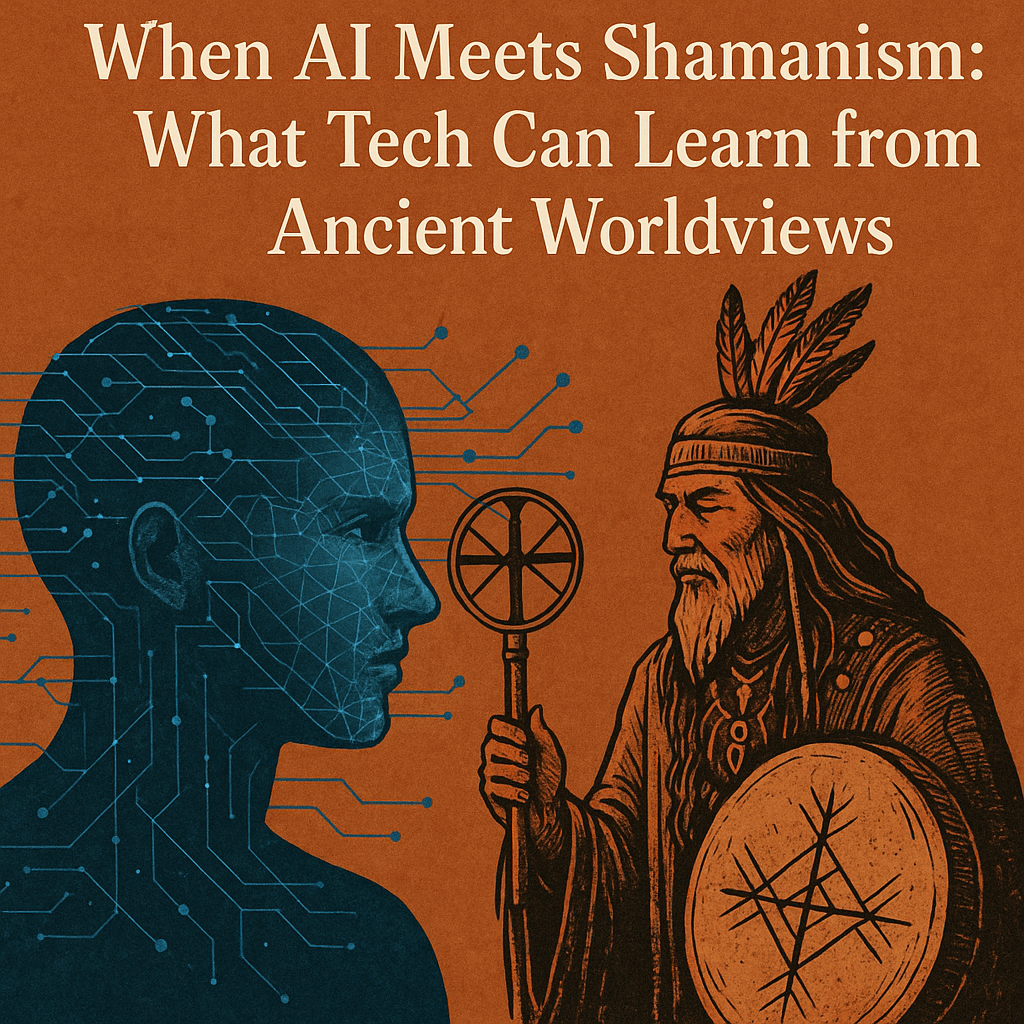In a world obsessed with progress, it's easy to forget that some of the most enduring systems of knowledge come from ancient traditions. What happens when we pit data-driven logic against intuitive, holistic insight? Better yet—what if we merge them?
1. The Rise of "Digital Animism"
Animism—the belief that everything has a spirit—is making a comeback in the digital age. AI systems are now being described with language usually reserved for living beings: "learning," "understanding," even "hallucinating." Is this just metaphor, or are we starting to think like animists without realizing it?
2. How Indigenous Knowledge Systems Anticipated Network Theory
Many Indigenous cultures have long recognized the interconnectedness of all things. That sounds a lot like modern systems theory and data mesh architecture. Could ancient cosmologies offer new ways to conceptualize digital ecosystems?
3. Shamanic User Experience (UX)
The shaman is a guide—someone who helps others navigate the invisible. In tech, UX designers do something similar. What if UX embraced ritual, symbolism, and transformation, not just convenience and optimization?
4. Machine Spirits and Ethical AI
What if we treated algorithms less like tools and more like entities with consequences? Indigenous ethics emphasize relationship and reciprocity—something sorely missing in current AI debates. What would a "relational AI" look like?
5. The Future Is Mythic
As we hurtle toward quantum computing, neural implants, and synthetic consciousness, we might need to slow down and look back. Not for nostalgia, but for wisdom. The future might just require an ancient frame of mind.
Question to the Reader:
What ancient worldview would you embed into your next digital solution? Share your thoughts or tell us where you see surprising parallels between tech and tradition.

Comments